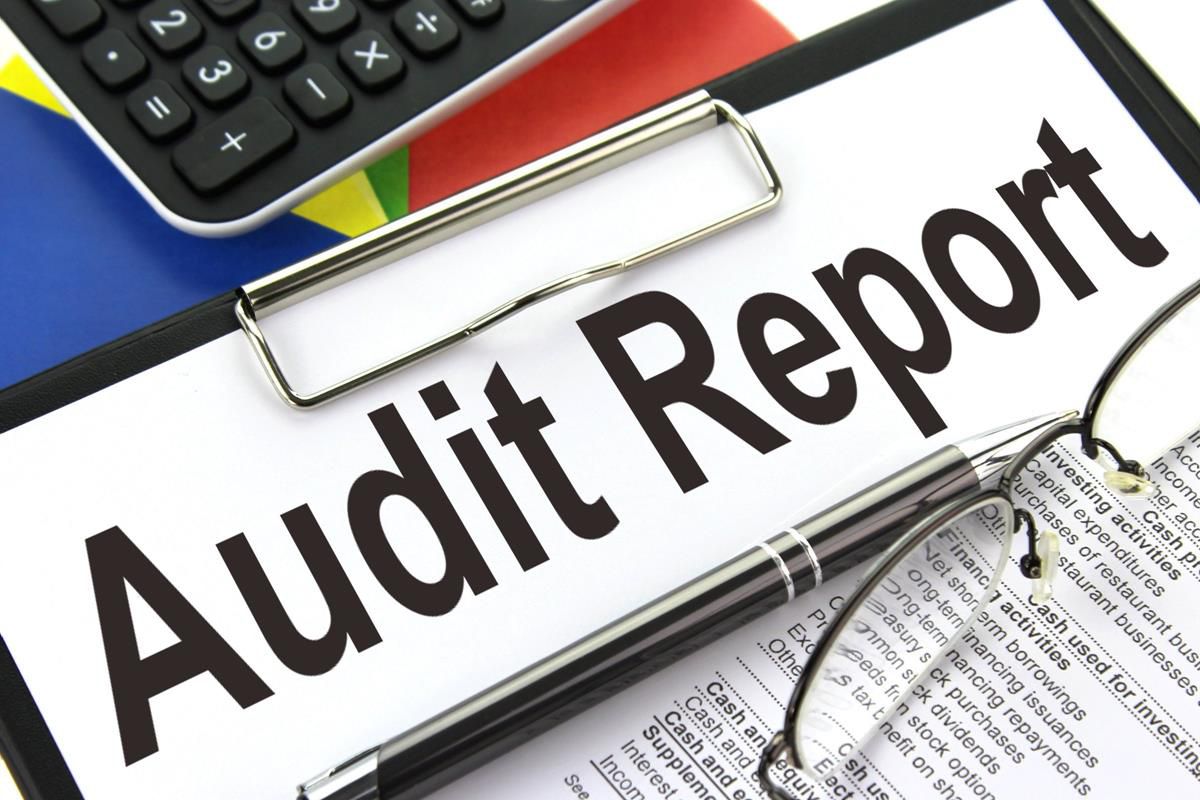The latest report by the Auditor-General has revealed that in 2020, the state lost more than GH¢12.8 billion to a host of irregularities at Ministries, Departments and Agencies (MDAs).
“The total irregularities stood at GH¢12,856,172,626 which included US$918,285,771.95 converted into Cedis at the prevailing exchange rate of GH¢5.7602 to the US$1 as at 31 December 2020, and €647,815.00 converted into Cedis at the prevailing exchange rate of GHS7.0643 to €1 as at 31 December 2020 and 464, 963.13 converted into Cedis at the prevailing exchange rate of GHS7.8742 to £1 as at 31 December 2020,†the report for the year ended December 31, 2020, stated.
According to the Auditor-General’s report on public boards, corporations and other statutory institutions, infractions that cost the state that much money included contract irregularities, tax irregularities, procurement irregularities, payroll irregularities, cash irregularities, challenges retrieving loans from debtors among others.
The Auditor-General revealed that cash irregularities included the misapplication of funds, nonretirement of imprest, payments not authenticated, payment of Board Allowances to Council Members without Ministerial approval, cash locked up in non-performing investments.
“Out of the total figure of GH¢1,802,692,515 cash irregularities, GH¢442,730,876.74 represented cash locked up in non-performing investment by SSNIT. These occurred as a result of poor oversight responsibility and nonexistent controls. Other contributory factors were finance officers’ failure to properly file and keep records, Management’s failure to ensure the security and safety of vital documents, non-maintenance of returned cheque registers, Management’s inertia in complying with procedures stipulated in the Public Financial Management Act, and poor accounting systems,†the reported stated.
On payroll irregularities, the reported said they were caused by the failure of Management of the various MDAs to exercise due diligence, and the laxity of officers in charge of payroll validation in reviewing payment vouchers to ensure salaries were paid to only those who were entitled as well as payroll related irregularities.
They were also caused by Management’s failure to notify banks to stop the payment of unearned salaries. The Controller and Accountant General’s Department also did not promptly delete names of separated staff when notified to do so.
“In other instances, Management also did not transfer statutory deductions in respect of SSF contribution. Contained in the total irregularity of GH¢9,574,765 is an amount of GH¢4,168,263 attributed to Ghana Railway Company Limited in respect of outstanding 1st and 2nd tier pensions contribution due from Management of Ghana Railway Company Limited to SSNIT and other pension scheme managers,†the report stated.
The report notes that outstanding debts and challenges in retrieving loans from debtors accounted for a chunk of the irregularities perpetrated by the statutory institutions, GHS10 billion.
This was followed by cash irregularities which accounted for over GHS1.8 billion and procurement irregularities, GHS848 million.
Contract irregularities also accounted for GHS89.8 million out of the total sum of GHS12.8 billion.
“The total irregularities figure of GH¢718,085,208 for 2016 increased to GH¢12,002,880,339 in 2017. The irregularities declined by GH¢8,995,621,415 in 2018 to GH¢3,007,258,924. However, the total irregularities increased by 81.8% from the 2018 figure of GH¢3,007,258,924 to GH¢5,468,398,431 in 2019. During the period ending 31 December 2020 the total irregularities recorded a 135% or GH¢7,387,774,195 rise from GH¢5,468,334,006 in 2019 total irregularities figure to GH¢12,856,172,626 in 2020. This was occasioned mainly by a surge of GH¢5,207,442,576 or 107% in outstanding debtors/loans/recoverable component of the total irregularities for the period ending 31 December 2020,†the report added.
As part of the processes of good governance, the Auditor General urged the appointing authorities to ensure that Board of Directors are constituted promptly for organisations that have none.
The absence of Governing Boards tends to delay the signing of the financial statements resulting in avoidable delays, the report stated.
“The operational results and financial positions of the Public Corporations and other Statutory Institutions during the period under review, could have been healthier if there had been effective supervision of schedule officers,†the report added.





